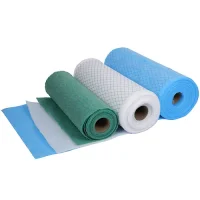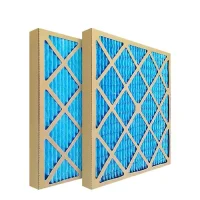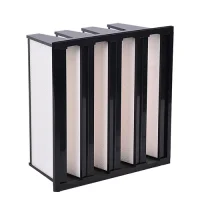Air Filtration Products
Explore our comprehensive range of high-quality air filtration solutions designed for a variety of industries.
From HVAC filters to HEPA and industrial applications, our air filters offer superior performance, energy efficiency, and long-lasting reliability.
Find the perfect filter to meet your needs.

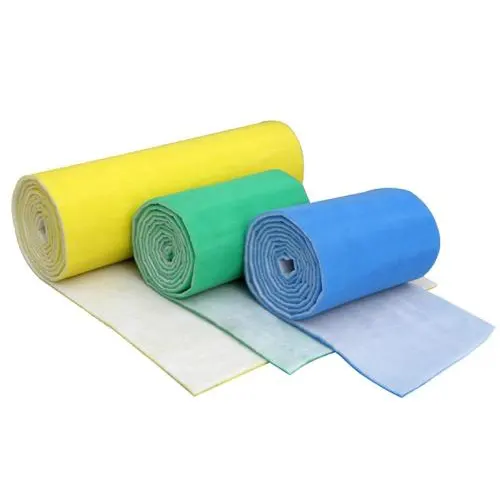
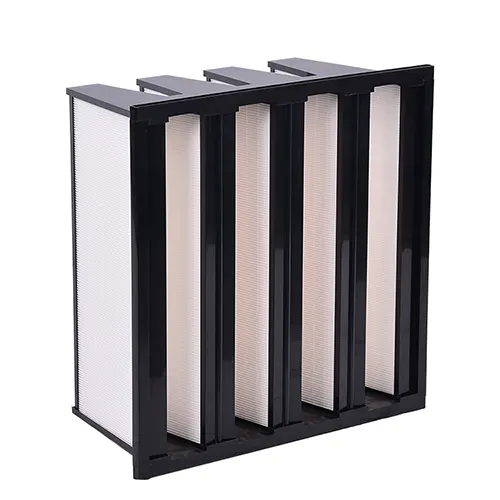
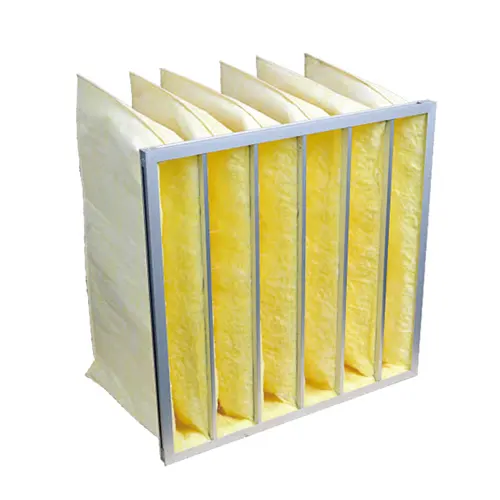
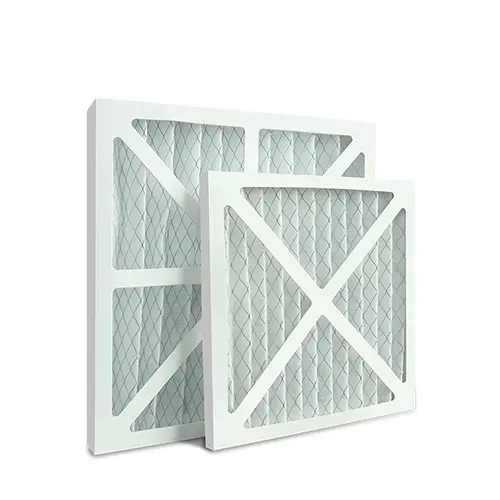
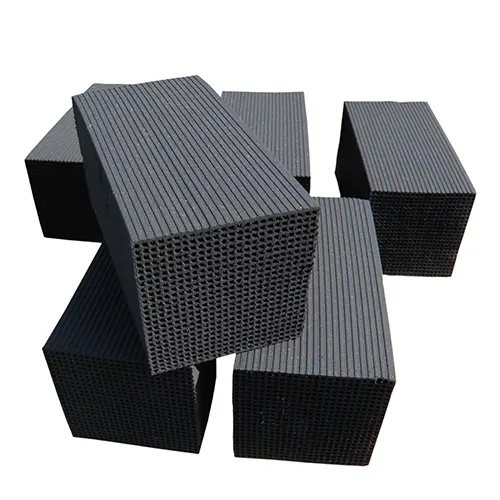
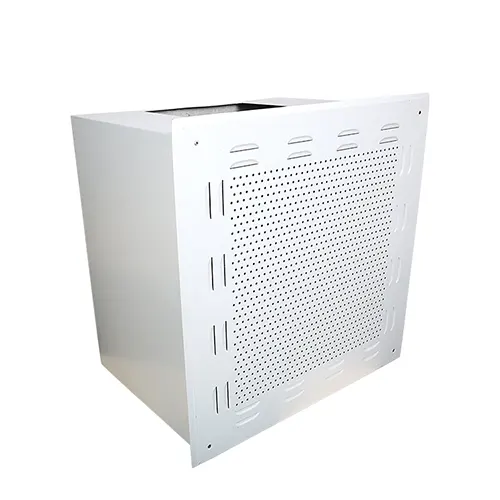
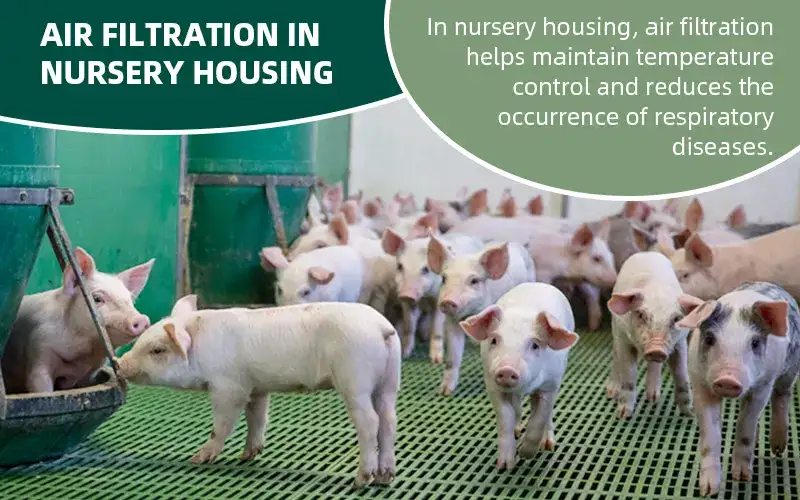
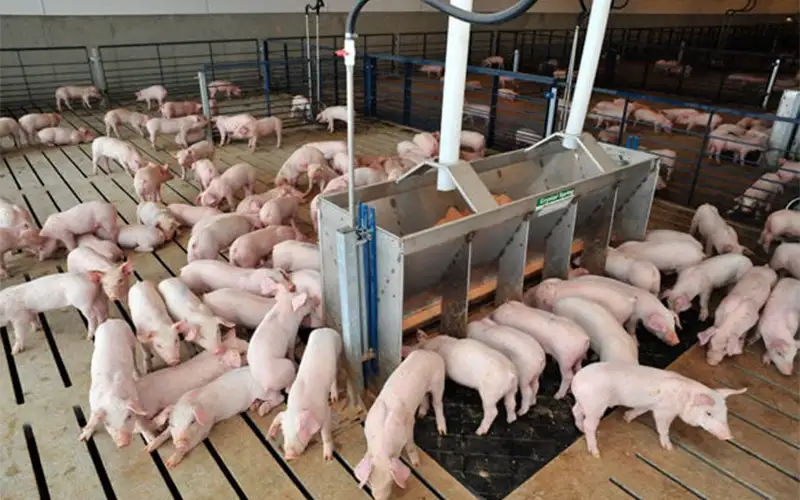 Nursery housing, also referred to as weaner or piglet nursery units, is a specialized facility in pig farms where weaned piglets are reared post-weaning.
Nursery housing, also referred to as weaner or piglet nursery units, is a specialized facility in pig farms where weaned piglets are reared post-weaning.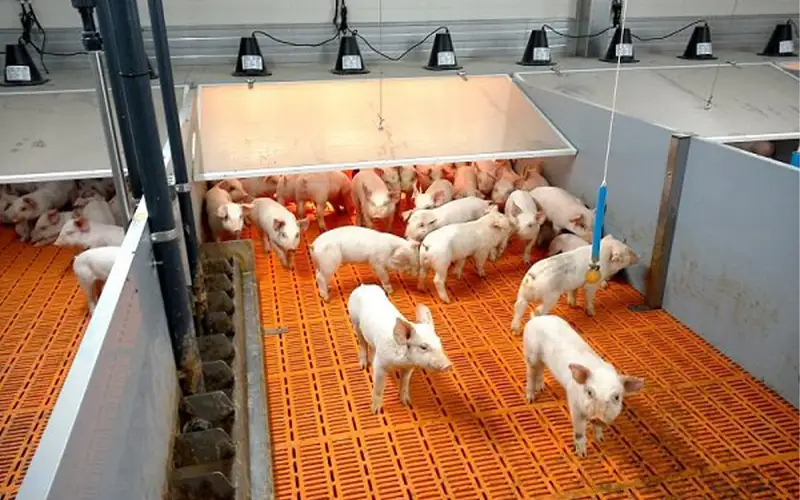 To maximize the benefits of air filtration in pig farm nursery housing, farmers should select systems tailored to the unique needs of weaned piglets and regional climate challenges.
To maximize the benefits of air filtration in pig farm nursery housing, farmers should select systems tailored to the unique needs of weaned piglets and regional climate challenges.